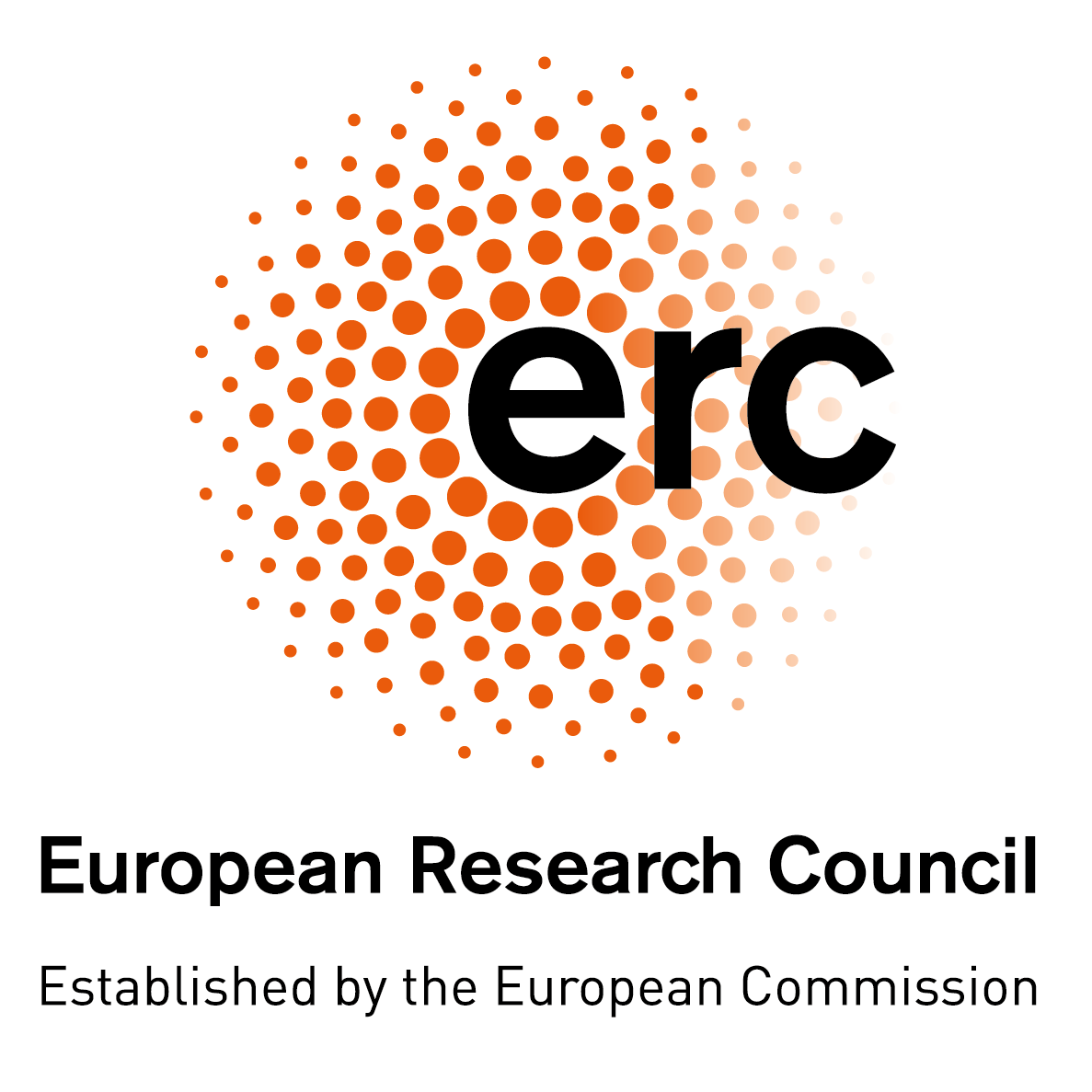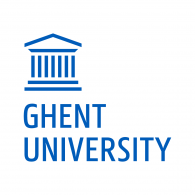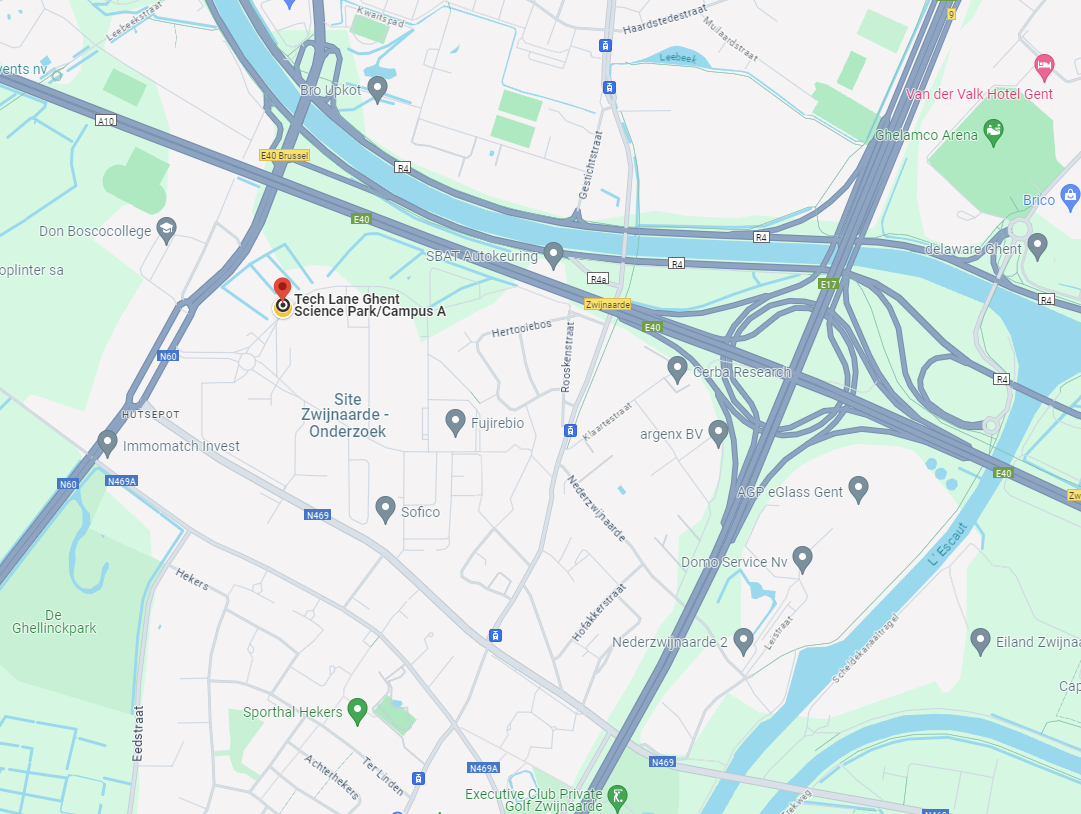New Patient Simulator
Get ready to elevate your medical training experience with our cutting-edge patient simulator, now available for immediate download! Key features of this updated version of simulator include
- Three different response surface models characterize the interactions.
- The effect of Cardiac Output on BIS signal.
- Limit values for inputs and outputs.
New Conference and Journal Papers Released!
Stay ahead of the curve with our newest publications! Dive into our latest conference papers and journal articles, where we share groundbreaking insights and innovations in biomedical engineering.
NewsGet to Know Our Research Team
Our success is driven by a team of passionate and skilled researchers dedicated to advancing healthcare technology.
TeamDiscover Our Latest Poster: A Snapshot of Innovation!
Take a closer look at our latest research through our newly released poster! Highlighting key findings and cutting-edge developments in the field, this visual presentation offers a clear, concise overview of our work.
Download PosterRESEARCH PROJECT QUESTIONNAIRE
General anesthesia is a complex control problem present in various medical applications of drug management systems.
Help us improve our interdisciplinary research!
ABOUT THE AMICAS PROJECT
Key challenges addressed.

The ERC AMICAS project proposes an Adaptive Multi-drug Infusion Control system for general Anesthesia in major Surgery. A major challenge in anesthesia is to adapt the drug infusion rates from observed patient response to surgical actions. The patient models are based on nominal population characteristic response and lack specific surgical effects. In major surgery (for instance, cardiac, transplant, bariatric surgery) modelling uncertainty arises from significant blood losses, anomalous drug diffusion, drug effect synergy/antagonism, anesthetic-hemodynamic interactions, etc. This complex interplay requires superhuman abilities of the anesthesiologist, acquired along many years of training and practice. How can we mimic this large amount of expertise? How to provide support for their critical decisions? .

Computer controlled anesthesia holds the answer to be the game changer for best surgery outcomes. Although few, clinical studies report that computer-based anesthesia for one or two drugs outperforms manual management. In reality, clinical practice performs a multi-drug optimization problem while mitigating large patient model uncertainty. The anesthesiologist makes decisions based on future surgeon actions and expected patient response. This is a predictive control strategy, a mature methodology in systems and control engineering with great potential to induce faster recovery times and lower the risk of post-surgery complications.
The interdisciplinary team of AMICAS aims to advance the scope and clinical use of computer based constrained optimization of multi-drug infusion rates for anesthesia with strong effects on hemodynamics. In doing so, we identify multivariable models and minimize the large uncertainties in patient response. With adaptation mechanisms from nominal to individual patient models, we design multivariable optimal predictive control methodologies to manage strongly coupled dynamics occurring in patient’s vital signs during major surgery. Ultimately, to maximize the performance of the closed loop, we model the surgical stimulus as a known disturbance signal and additional bolus infusions from anesthesiologist as known inputs.
Location:
Tech Lane Ghent Science Park, Building 125, 9052 Gent, Belgium (google maps)
Email:
claramihaela.ionescu@ugent.be




